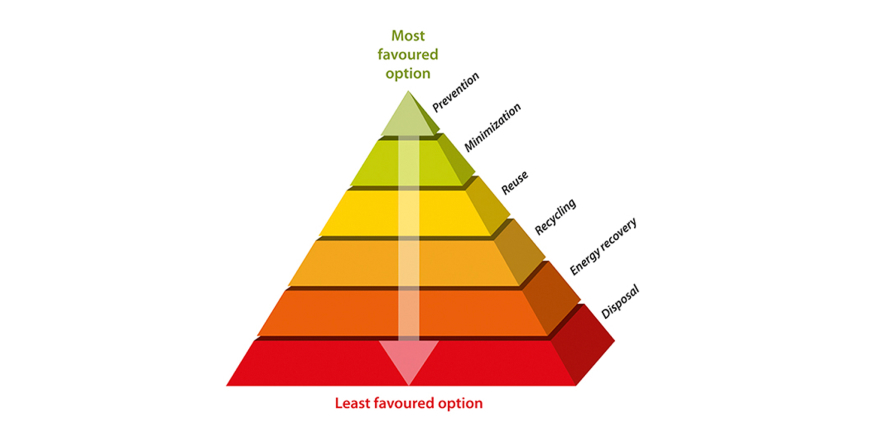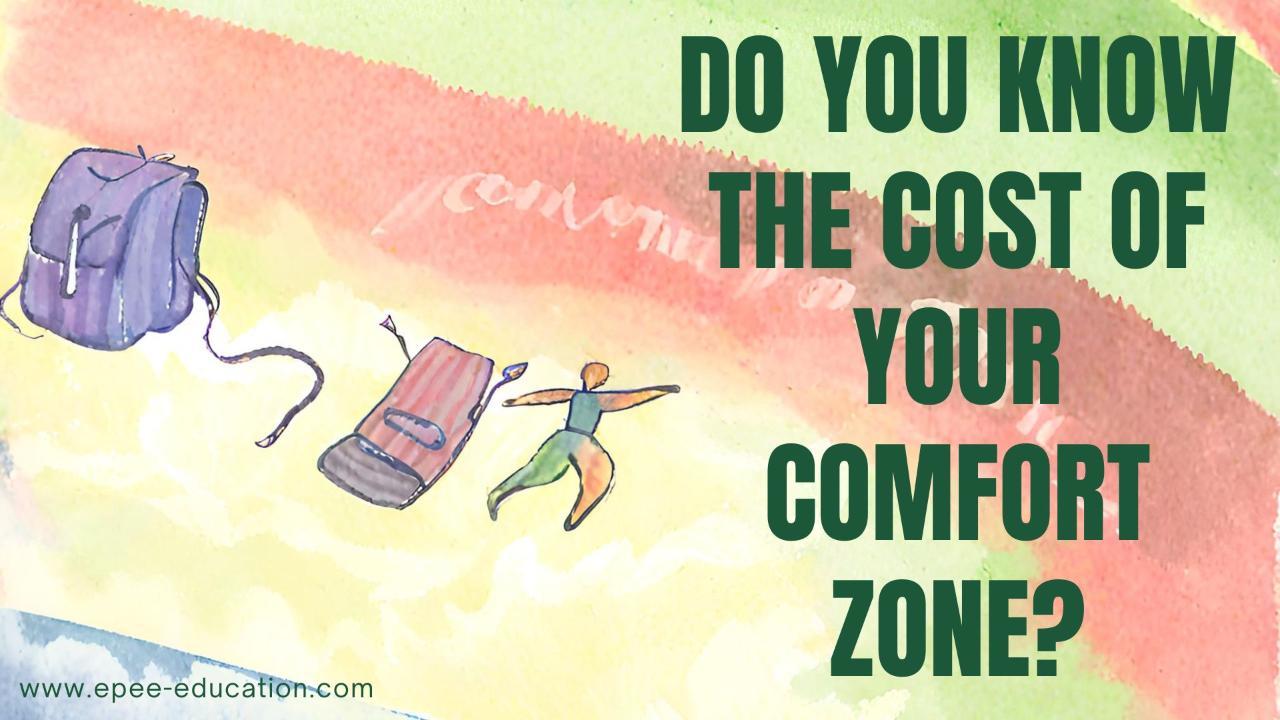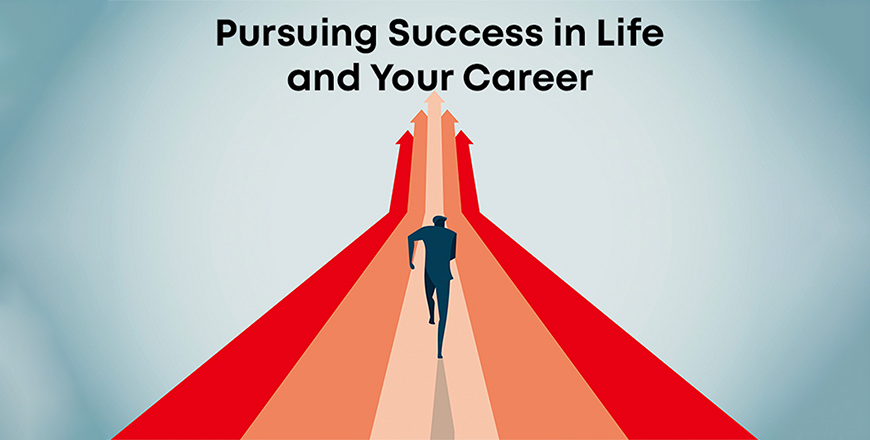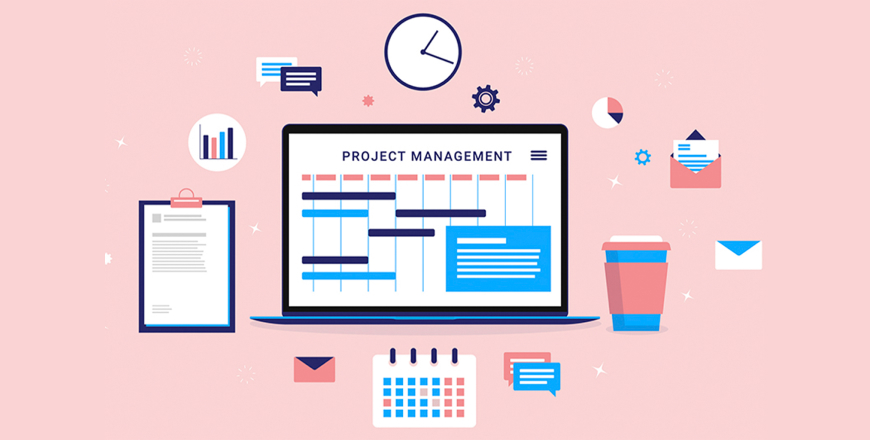The Sustainability Waste Hierarchy: Understanding the Levels

It is an insightful course which is designed to overview the entire waste hierarchy and its vital role in promoting sustainability. This course explores the theoretical keys of waste management and also focuses on the practical applications within real-world projects to demonstrate the effectiveness of waste management for cost savings and improved sustainability outcomes.
Target Audience
This course will focus on the individuals who are:
- Sustainability Professionals
- Project Managers
- Environmental Consultants
- Anyone interested in understanding different principles of waste management
Course Prerequisites
An intermediate level of sustainability and waste management is crucial in order to learn about this course on a deeper level.
Objective
This course will help you in:
- Equipped participants with a thorough understanding of the waste hierarchy
- Implementation of waste management techniques efficiently
- Understanding the vitality of waste management in a profound manner
Topics Covered
This course will cover these following topics:
– Getting familiar with the Waste Hierarchy
– Practical uses of waste management in project implementation
– The idea of economic viability
– Contrasts in waste management methods in the US and UK
– The function of recycling in the management of project waste.
– Comprehending the circular economy and its consequences
– How donations affect the sustainability of communities.
– Creating value in a circular economy context
– Linking waste hierarchy principles to larger sustainability concepts
Modules
This course has thirteen modules which will teach the learners about:
- Agenda and Introduction
– Overview of the course agenda and Alan’s background as a Sustainability Lead.
- What is the Waste Hierarchy?
– A detailed explanation of the waste hierarchy from its foundational concepts to advanced applications.
- Application in an Actual Project
– Case studies showcasing the implementation of the waste hierarchy in a five-year project.
- Financial Sustainability
– Introduction to “financial sustainability” and its relevance in project planning and execution.
- Applying the Waste Hierarchy
– Comparative analysis of waste hierarchy applications in the US versus the UK.
- Recycling Actual Project Waste
– Data visualization through line graphs depicting project waste diversion from landfills.
- The Circular Economy
– Exploration of how ancient symbols like ouroboros relate to modern circular economy practices.
- Donations = Community Impact
– Understanding how donations can significantly benefit community sustainability efforts.
- Value within a Circular Economy
– Examples illustrating value creation through educational donations and office furniture resale.
- Tying Back to the Defining Principles
– Connecting key principles of the waste hierarchy with broader sustainability objectives.
- Impacting the 13 Sustainability Themes
– Discussion on how effective waste management influences various sustainability themes beyond just waste reduction.
By the End of This Course
The learners will develop a strong grasp of the waste hierarchy and how it can be applied practically to enhance sustainability in projects. They will receive practical insights for putting into practice waste management strategies that support environmental objectives and save money. Moreover, students will value how these tactics connect with larger ideas like financial stability and community influence.
Enroll Now
Take conscious steps towards bettering the earth by improving your knowledge and skills on sustainable waste management. The learners will learn the vitality of strategies to meet sustainable objectives and initiate valuable projects and communities that can work towards a better tomorrow.
Agenda and Introduction
Alan highlights the agenda for this presentation and gives a quick introduction on his background as a Sustainability Lead.
What is the Waste Hierarchy?
This lesson takes you through the Waste Hierarchy from beginning to end.
Application in an Actual Project
See the application of the Waste Hierarchy in a real-life example of a 5-year project.
Financial Sustainability
Alan introduces his concept of "financial sustainability" - a term that he may or may not have coined!
Applying the Waste Hierarchy
Learn the difference between the Waste Hierarchy in the US and the UK.
Recycling Actual Project Waste
Alan explains a line graph depicting the amount of project waste diverted from landfill.
The Circular Economy
This lesson explores the ancient symbol of ouroboros, and how that applies to the circular economy – where one company’s waste is another company’s supply.
Donations = Community Impact
Find out more about how valuable of an impact donations can make on a community.
Value within a Circular Economy
Understand the value within a circular economy, including examples of education donation and office furniture resale.
Tying Back to the Defining Principles
Alan makes a connection between the Waste Hierarchy and the defining principles.
Impacting the 13 Sustainability Themes
This lesson explores how it's much more than waste that is impacted - it's also many of the 13 Sustainability Themes.
Waste Hierarchy Review
Alan recaps the Waste Hierarchy, emphasizing how there are many ways to avoid landfills besides just recycling.
Sustainability Sessions on Epee
In closing, Alan discusses other sustainability sessions available on Epee.



